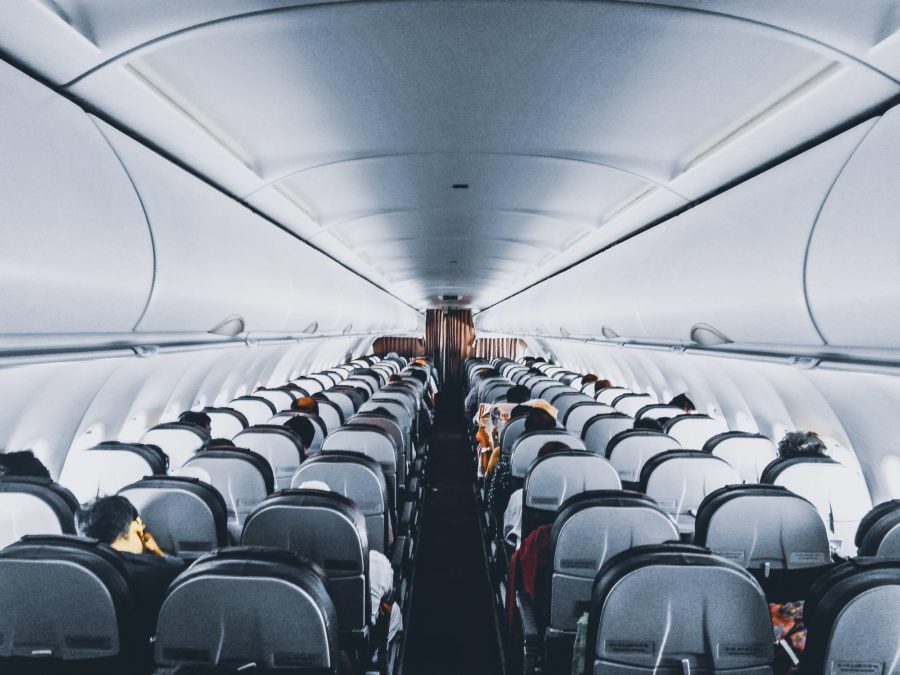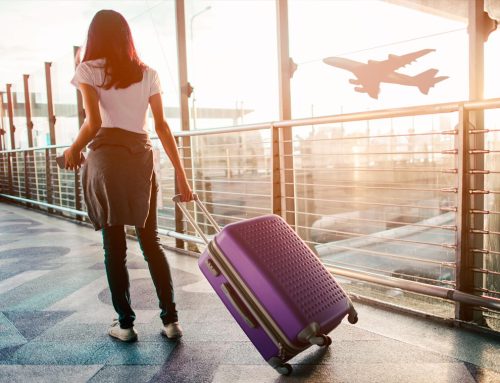Flying Safely in a Pandemic
By Calla Chung
Airlines have taken a huge hit from COVID-19, and the next big challenge is getting people safely flying again. Many safety measures, including masks and social distancing, have already been implemented to mitigate the spread. However, without testing there is no way to track where exactly the virus is spreading and who it is infecting.
Emirates flights from Dubai National Airport to Tunisia recently trialed a rapid blood test screening for travellers. Since blood tests generally do not test directly for a virus, experts have concluded they are using antibody tests, which deliver results in about 10 minutes. Although these tests provide valuable, quick information, Dr. Angela Caliendo, Brown University Medical School professor and vice chair of medicine warns, “We don’t have the data at all to suggest that if you have antibodies, you’re not infectious, if you have antibodies, you’re protected from infection.” Additionally, due to the lack of information regarding COVID-19 immunity, experts are discouraging the use of travel “immunity passports,” certifications of an individual’s health and COVID immunity.
The uncertainty about COVID-19 immunity applies to PCR diagnostic testing as well as antibody testing, partly because of false negative results. Implementing testing in a dense, timebound environment is unnerving. Without a doubt, there needs to be testing distributed at scale, but experts claim this will not be anytime in the near future. There is already a shortage of tests, and front line workers are still the top priority.
250,000 tests are administered daily in the US, but experts say that number must be doubled or tripled to be effective. Testing travellers alone will be a colossal challenge. 2.5 million people passed through TSA checkpoints in only one day of May. In response to widespread airport testing, Senior Aviation Analyst John Grant told ABC News, “It’s a wonderful soundbite and a photo opportunity, but the practicalities of administering such a process when you have literally tens of thousands of people arriving in a two or three hour window, and segregating them, socially distancing them, and administering such a process, seems to be unworkable.” Successful widespread testing seems like an insurmountable task. These setbacks and concerns, however, cannot completely stop airlines from running.
Therefore, the newest model for safe traveling consists of a PCR test when landed and quarantining until test results come back negative. As mentioned before, Dubai National Airport has started administering this diagnostic test, and Alaska, Austria, UK, and Iceland are among some locations that will implement the same model. Though PCR testing will look slightly different at each location, they will all collect nose and throat swabs. These tests are voluntary but will allow arrivals to bypass the 14 day quarantine period. Each test runs for around €190 or $206, and the results are generally available hours later. When waiting for results, travellers will be advised to take safety precautions and socially distance themselves.
Getting people safely flying again will involve meticulous preparation, but testing should be a significant aid in tracking down the virus and buffering new cases.






